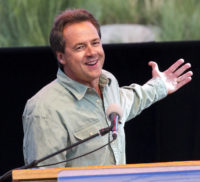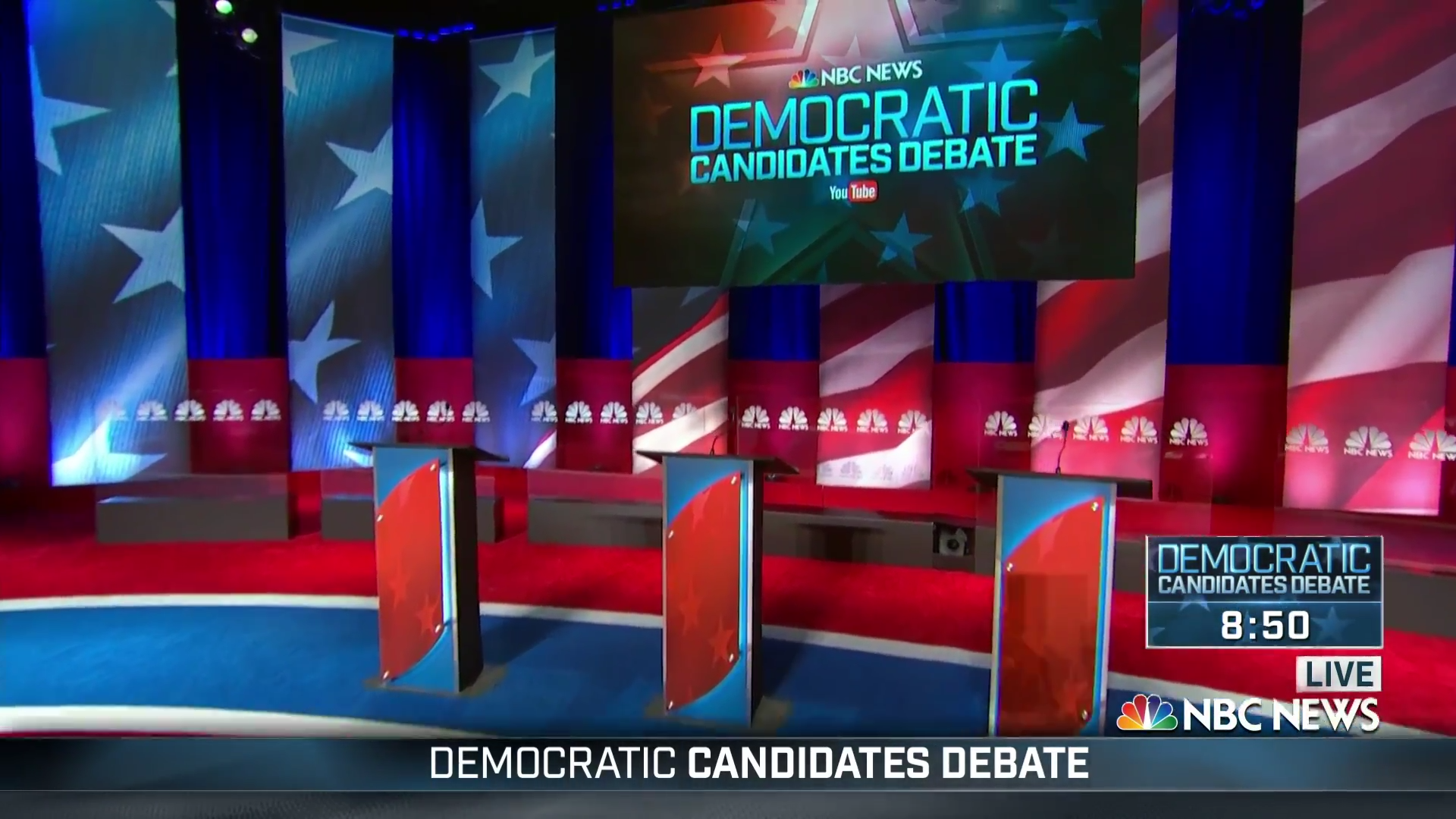On Wednesday night, the deadline to qualify for the first Democratic presidential debate in Miami arrived. Candidates had until midnight to qualify by either reaching one percent support in three Democratic Party-approved polls or securing 65,000 unique donors to contribute to their campaign.
By late morning on Thursday, twenty Democrats had qualified under these rules (fourteen have reached both the polling and donor targets) set by the Democratic National Committee. Coincidentally, DNC Chair Tom Perez had already set a firm numerical limit of twenty candidates for the first debate.
The qualifying twenty will not all participate in the same debate – there are so many candidates that the DNC has decided to split the event over two nights (June 26th and 27th), with ten participants each night. The DNC has not yet revealed which candidates will appear on which night, although they have a complex system to ensure that high polling candidates will appear on each night.
Candidates who have qualified will now be brushing up on their debate skills and thoroughly researching their rivals’ platforms to compare with their own.
Four Democrats running for the presidency have not qualified for the first round of debates, a fact that will likely devastate their campaigns. Mayor Wayne Messam, Representative Seth Moulton and octogenarian Mike Gravel of Alaska have fallen way short of qualifying, not reaching 1% in a single poll between them.
Montana Governor Steve Bullock has been infuriated by his exclusion from the debate stage. Bullock had been confident in the fact that he was polling at 1% in three polls when the DNC suddenly disqualified one of the polls (conducted by ABC News/Washington Post) on the basis that the poll did not provide a full list of candidates to the participants. Bullock’s team spent Wednesday denouncing the DNC’s position and writing to Tom Perez to angrily complain about the situation.

The campaign also released a video of one of Bullock’s constituents – Montana resident Madison Johnson– who claimed, “You won’t see Governor Steve Bullock at the first debate, and I’m the reason why.”
According to the video, while other candidates were focusing on getting their campaigns rolling, the Governor was far too busy battling state Republicans in Montana over healthcare. Hence, his campaign was at a disadvantage.
Bullock’s campaign failed to explain why the numerous other currently-serving elected representatives – including a governor, senators, members of Congress and mayors – were able to perform their duties and set up a presidential campaign at the same time, while Bullock was unable to.
Even if Bullock’s arguments win over a lot of people, he is still faced with the problem of being the twenty-first candidate to qualify, when the limit has already been firmly set at twenty. That fact is likely to mean that the DNC will find it much easier to push his complaints aside and focus on the already huge number of candidates who definitely did qualify.
The first round of Democratic debates will take place on the June 26th and 27th in Miami. They will be streamed online for free on NBCNews.com, MSNBC.com, the NBC News App, and Telemundo’s digital platforms.

